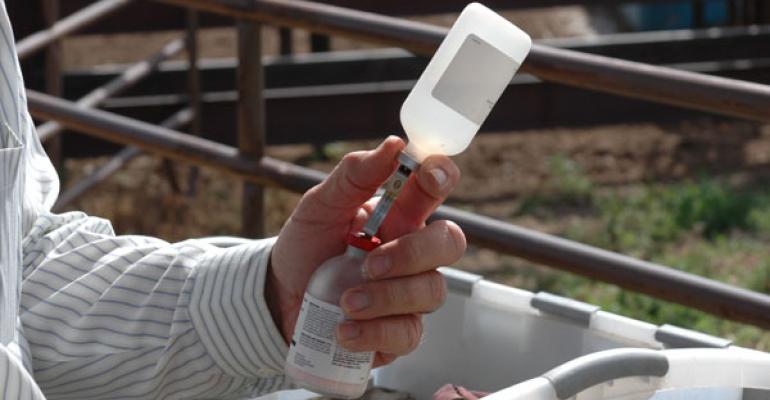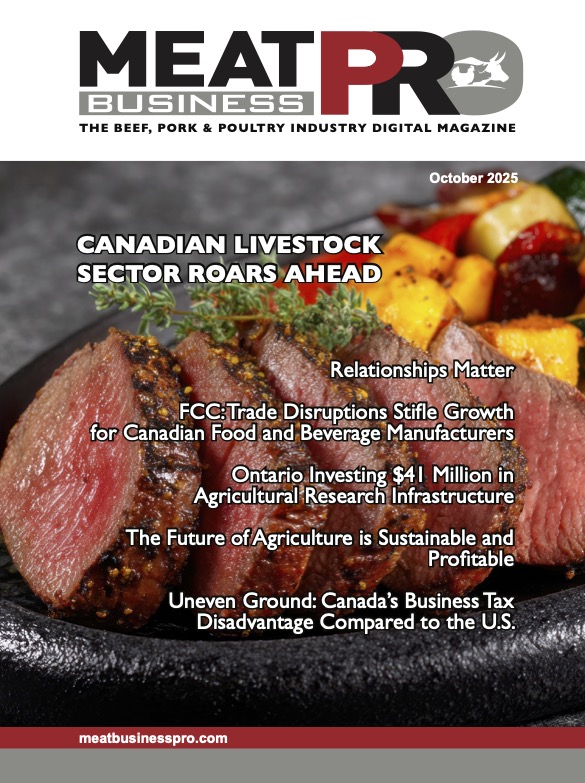December 1st Marks Beef Livestock Antibiotic Prescription Policy Start

Starting December 1, 2018, all Beef livestock producers will need a prescription from a licenced veterinarian before they can buy a medically important antibiotic (MIA) for therapeutic use in livestock production
This applies to all beef cattle sectors – cow-calf operators, backgrounders and feedlots. The new policy doesn’t just apply to injectable products, but also includes some boluses, calf scour treatments, in-feed & in-water antibiotics, and implants that contain MIA.
For example, producers will no longer be able to buy a bottle of penicillin or tetracycline to treat common infections such as foot rot, pink eye or mastitis without a valid prescription. Feed mills will only be allowed to sell certain medicated feed formulations if they are given a valid
prescription, and will no longer be able to sell antibiotics directly to producers for on-farm mixing.
“All producers will need to establish a vet-client-patient relationship (VCPR) before they can obtain a prescription”
All producers will need to establish a vet-client-patient relationship (VCPR) before they can obtain a prescription for a MIA.
Once a valid VCPR and medical need has been established with a licenced veterinarian, a producer will be able to obtain a prescription for a given amount of product over a specified period of time. Prescriptions can be valid for up to a year, allowing producers to refill as needed if that is what the veterinarian advises.
For example, a cow-calf producer can design a herd health protocol with their veterinarian, based on a working knowledge of their operation, health records and herd history. This protocol may anticipate medical need for treatment of specific conditions like pinkeye or footrot, and then a prescription can be written to cover the estimated amount required (X bottles of Alamycin LA or Nuflor) throughout the year. This way, the producer can buy medication as needed up to the estimated amount, or up to the expiry date of the prescription. Producers who already have a strong relationship with their veterinarian likely won’t see any change in normal practices.
Where these prescriptions can be filled may vary from province to province. Some provinces may only allow veterinarians or pharmacists to sell antibiotics; others may approve other distribution channels.
Source: Beef Research.ca











